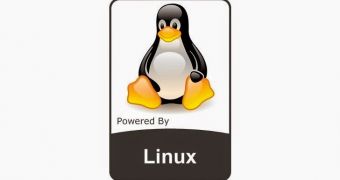A new version of the Linux kernel, 4.0.3, has been released by Greg Kroah-Hartman and is now ready for download. As it stands right now, this is the most advanced version available, and the same can be said about the branch.
Linus Torvalds still has a few more weeks until the release of the next 4.1 branch of the Linux kernel, which means that until that happens, the Linux kernel 4.0.x branch will reign supreme. The first few updates for it have been rather small, but that is slowly changing, as more developers have dedicated their attention to this branch, and that can be seen in the size of the changelog, which is considerably larger this time.
The 4.0.x branch of the kernel has been released for a while now, but it doesn't get weekly updates like the latest bleeding edge that is maintained by Linus Torvalds. In any case, 4.0 has proved to be a very popular choice and many distros have already adopted it by now, so it's very likely that the same will happen for the 4.0.3 version.
Linux kernel 4.0 is here to stay
If history is any indication, it's likely that 4.0 will become an LTS version, which means that it will be supported for a very long time. Nothing has been confirmed yet, but it's a possible scenario.
"I'm announcing the release of the 4.0.3 kernel. All users of the 4.0 kernel series must upgrade. The updated 4.0.y git tree can be found at: git://git.kernel.org/pub/scm/linux/kernel/git/stable/linux-stable.git linux-4.0.y and can be browsed at the normal kernel.org git web browser: http://git.kernel.org/?p=linux/kernel/git/stable/linux-stable.git;a=summary thanks," Greg Kroah-Hartman says in the email announcement.
More details about this release can be found in the official announcement. You can download the source package for Linux kernel 4.0.3 right now from Softpedia. You can compile it on your own, but you need to know what you're doing. If you’re not an experienced user, though, it's probably best to wait until it hits the official repositories of whatever distro you're using.

 14 DAY TRIAL //
14 DAY TRIAL //